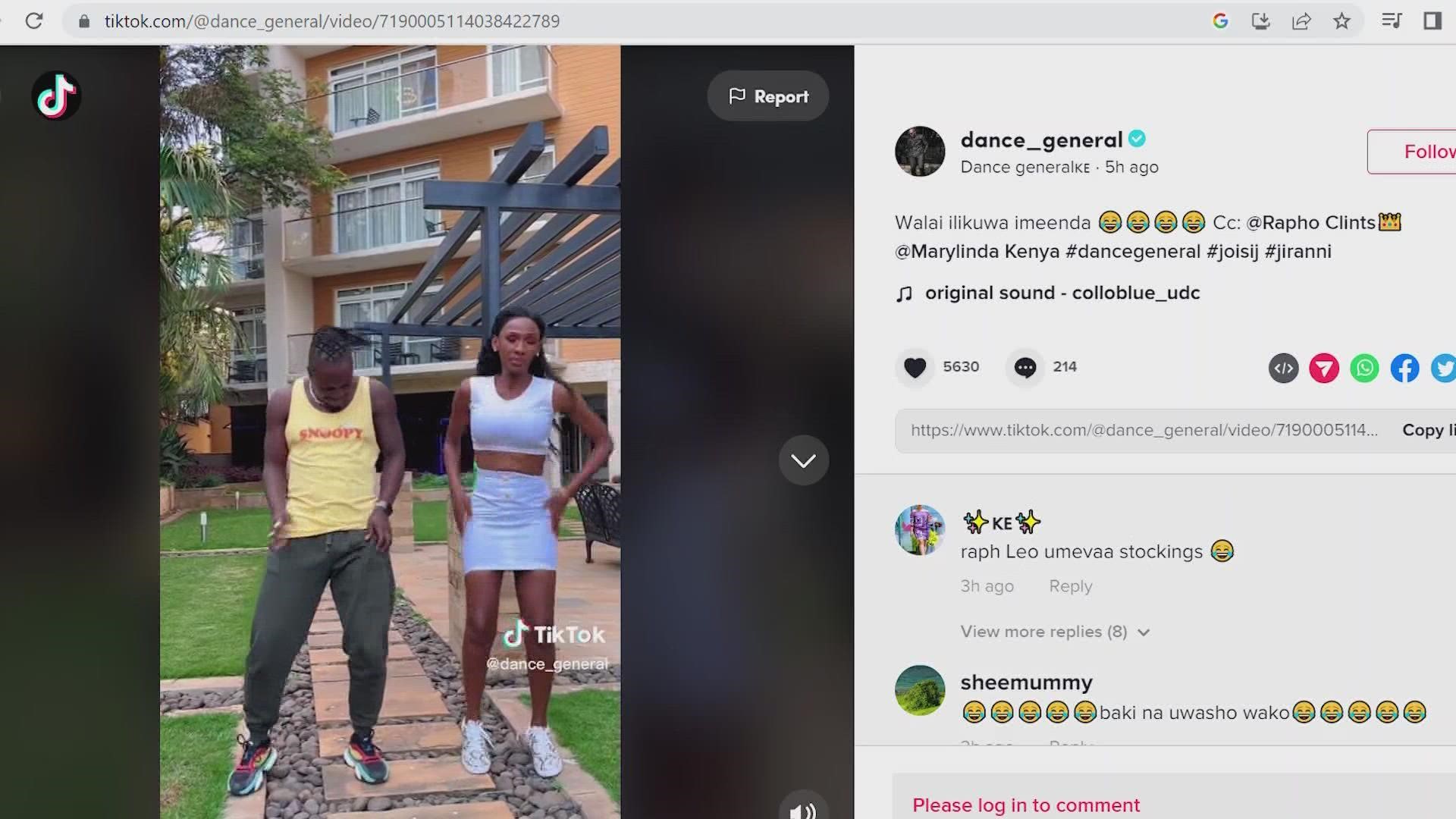DENTON, Texas — University campuses across Texas are blocking the use of the social media app TikTok and their Wi-Fi networks.
More than a billion people use TikTok to watch and share videos, but back in December Texas Governor Greg Abbott ordered that the app couldn’t be used on government devices.
Around 30 public universities across the country now ban the app. The company’s ties to China have security experts concerned the government could access private data or use its algorithm to push divisive content.
UNT’s Denton campus sent a letter to students over winter break to let them know about the change.
Senior dance major Areyel Hill-Cox says she was surprised and disappointed as a regular TikTok user and poster.
“Every week almost every day and I’m a fitness influencer,” she said. “So I post my content and try to make money, and TikTok is good for business."
UT-Austin made the switch this week along with UT Dallas and the Texas A&M system.
“Whatever I was open on last, I can look at that,” UNT sophomore Timothy Franklin said. “But I can’t scroll past it, nothing new will load, no comments will load. It just basically makes everything not load.”
He points out student organizations are also not allowed to use the app and have instead switched to Instagram Reels.
“It seems like a very general solution to a very specific problem,” SMU journalism professor Jared Schroeder said. “Let’s find a way to address this valid concern, this national security concern, while not undermining our values that free expression still matters on campus and that the mission of these institutions is to educate, research.”
Schroeder says the bans raise free speech concerns and could hurt faculty research and student education on the app.
“If it wants to succeed, if there is a legal challenge, it will need to be a more narrow limitation,” he said. “Someone who works for the power grid can’t have TikTok on their state issued phone, that’s perfectly reasonable. There’s no problem. It’ becomes a different type of regulation when we’re blocking it from an entire university’s network.”
He also points out companies like Google, Meta or Amazon control data from search and shopping histories to personal medical information from apps like Fitbit.
“It’s like you have six or seven pipes leaking in your house, and you’re like, ‘I’m going to stop the leak on one’ and say ‘we’re done here’,” Schroeder said.
In a statement, a TikTok spokesperson said "We're disappointed that so many states are jumping on the political bandwagon to enact policies that will do nothing to advance cybersecurity in their states and are based on unfounded falsehoods about TikTok.”
The ban includes an exception for law enforcement agencies. Each state agency has until Feb. 15 to share a policy on TikTok use with the governor’s office.
“I know I should care more, internet safety is something that I should be more aware of,” Franklin said. “But it’s kind of unfortunate because I’m a big TikTok user myself.”
Students are just using data instead of Wi-Fi to get around the block while on campus, but the bans are already raising questions if not legal challenges.

